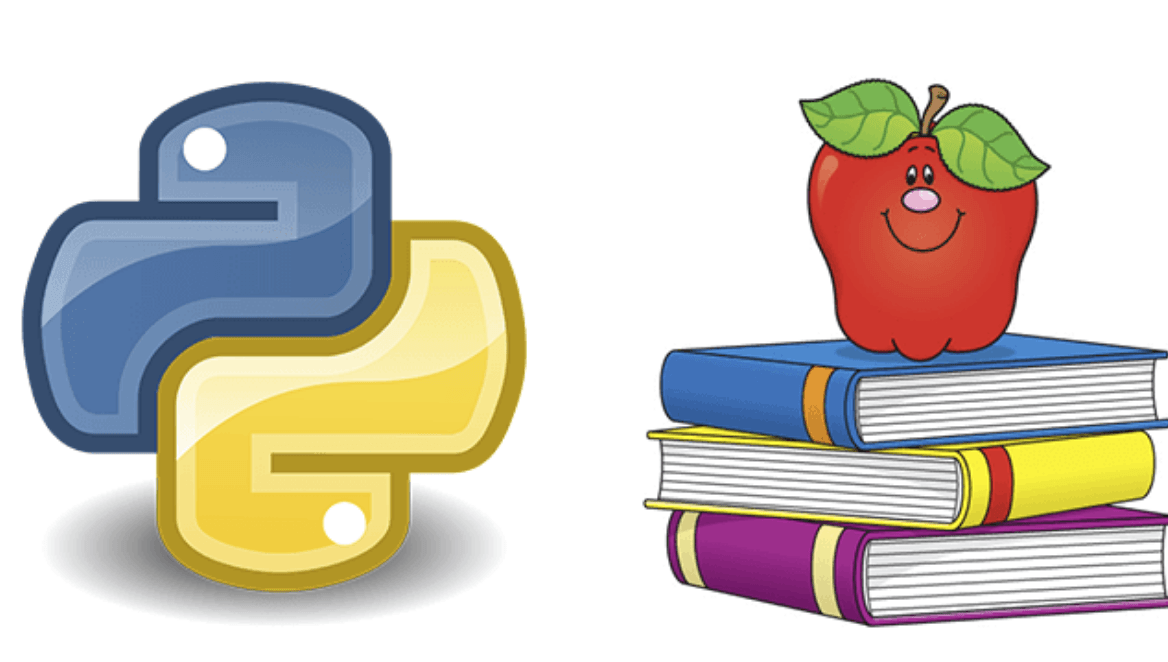With the rise of the computer and the internet becoming integrated more in more into our everyday life, programming becomes even more important in developing more advanced applications and programs. Perl is one of these languages that had developed popularity, but with the internet comes misinformation. For someone wanting to learn a new language that can be frustrating. Coding boot camps, free resources, blogs, books, and social media can be difficult to navigate and not the easiest platforms to learn from. This can lead to wondering big questions before you even get started. Is Perl easy to learn, is it still relevant, and what can I do with Perl?
Is Perl Easy to Learn?
Relative to all of the languages existing, it is very easy to learn, particularly if you have an affinity for computer programming or any kind of background in computer science. Compared to C, C# or C++, it would be the equivalent of learning to climb mountains on The Rockies versus Mount Everest. Perl is also a modern programming language and is considered general-purpose. Perl itself has stated it can be used for system administration, web development, network programming, and GUI development.
What is Perl Best Used for?
It was originally developed for the usage of text manipulation in 1987 by Larry Wall. It has become popular for web development and networking over the years for several reasons. Within the realm of web development, it is being used for a couple of useful functions. It can be used for automating tasks within a web server, automatically generate emails, and clean up systems. You can also use Perl to create reports on the resource use and it is capable of checking security issues within a network. Aside from the heavier usage from web development and networking, it does have more specific uses under different situations. It should be noted that it can be used CGI programming, and has been applicable in image creation and manipulation, as well as reducing spam from email filters.
Is Perl a Dying Language?
Particularly with new users that can inevitably dwell on learning a new language, it is easy and understandable to worry about the value of the language you are attempting to undertake. What practical uses will I gain from learning Perl? Are there other languages that have the same functions, but are easier or have even more uses? How compatible is it with other languages I want to learn? Can it be part of a full-stack developer's arsenal?? There are many aspects that can help shed light on these legitimate concerns for coders of any level.
First and foremost, Perl is an interpreted language. This means that your code can be run as is, without a compilation stage that creates a non portable executable program. The program runs off an absolutely free downloadable interpreter that writes and runs the code within the interpreter itself. This differs from traditional compilers which helps explain its efficiency and speed at day to day administrative tasks, as well as text processing. If that isn't flexible enough, there is still an option that a programmer can even run Perl code from a command line.
Is Python better than Perl?
If you have still been on the fence as a novice, enthusiast or maybe even someone attempting to reach the next level in becoming a developer, you probably have stumbled upon the debate between Python and Perl. Within the last few years, Python has become extremely efficient in it's own right and gained a large rise in popularity. As coding has become more popular in itself, pays relatively well, and the job market demand has risen,so has the need for these easier starter languages. Python is an interpreted language as well, making it just as flexible. It works on Unix, Windows, Macintosh, and Linux. Python is also compatible with many different languages including some of the major ones like JAVA, C++, and C. It also has a very dynamic library and that is very important to the longevity of a language as well as its ability to be compatible and useful with other languages.
What all this means is at the very core of the question, they are highly similar languages, based off of their attributes. It truly depends on what type of application you are going to use each language for. Python might be the better choice for learning your first language, as it is a little cleaner and easier to use, but Perl outperforms Python in certain fields. Python can do the same when using application on mobile platforms like Android. They are very situational and both languages would be extremely useful to know and are extremely adaptable and have evolved quite well over the decade.
